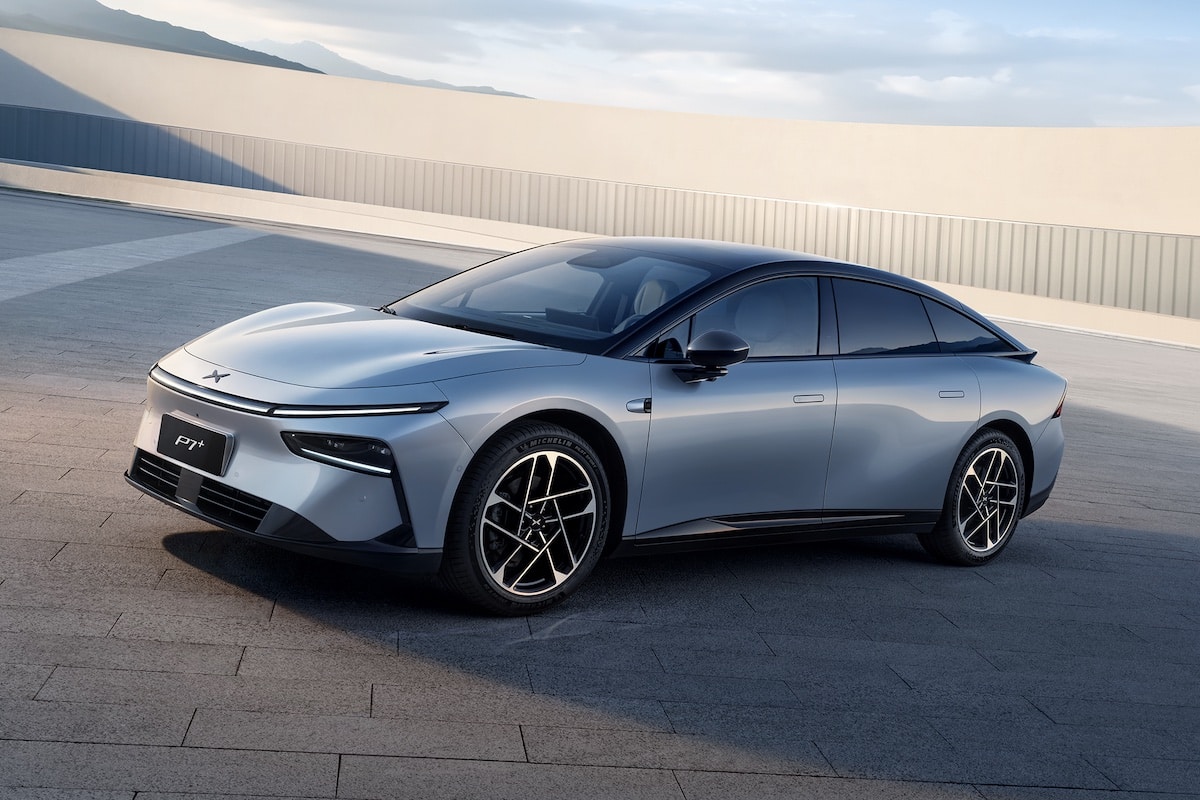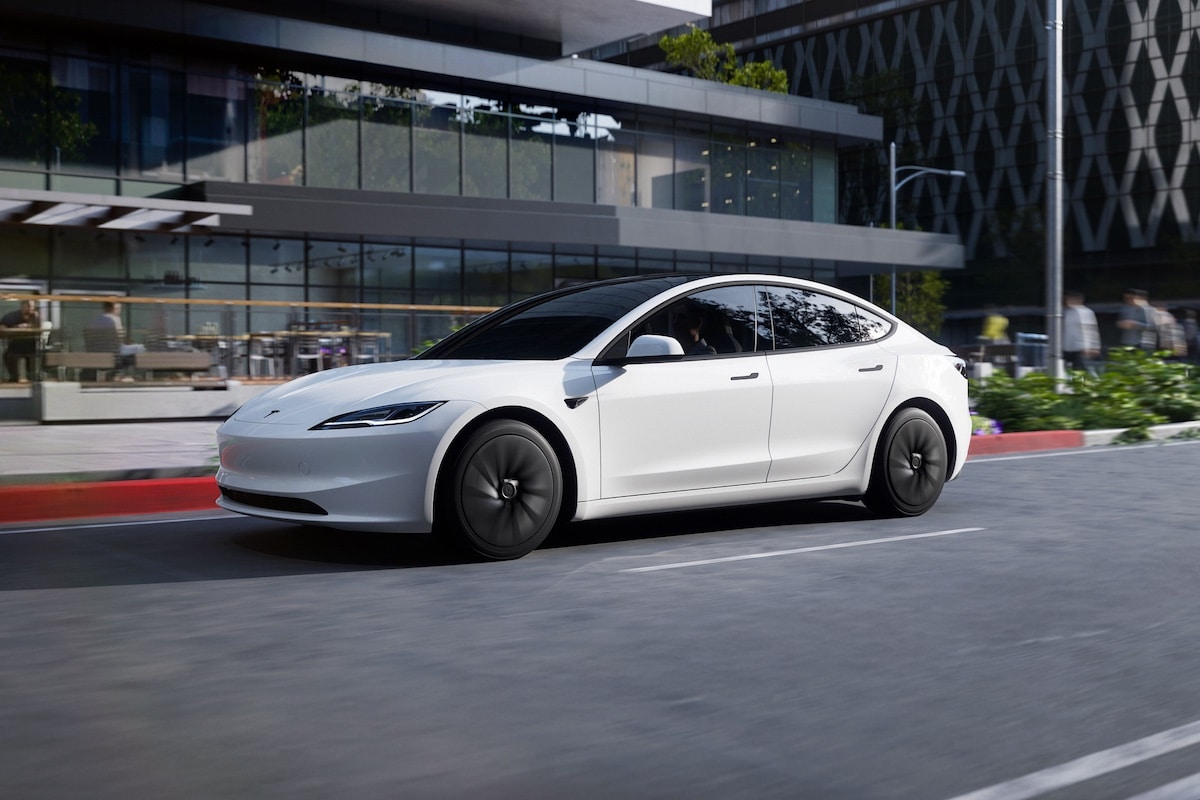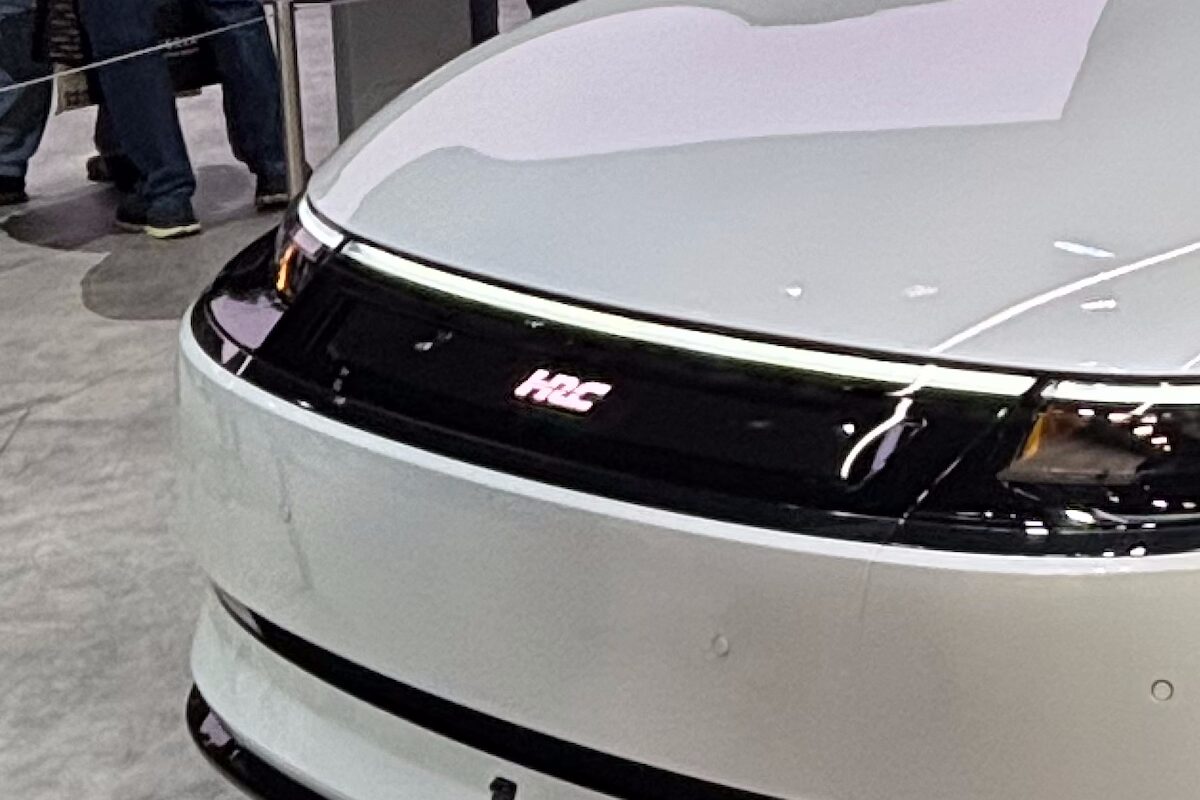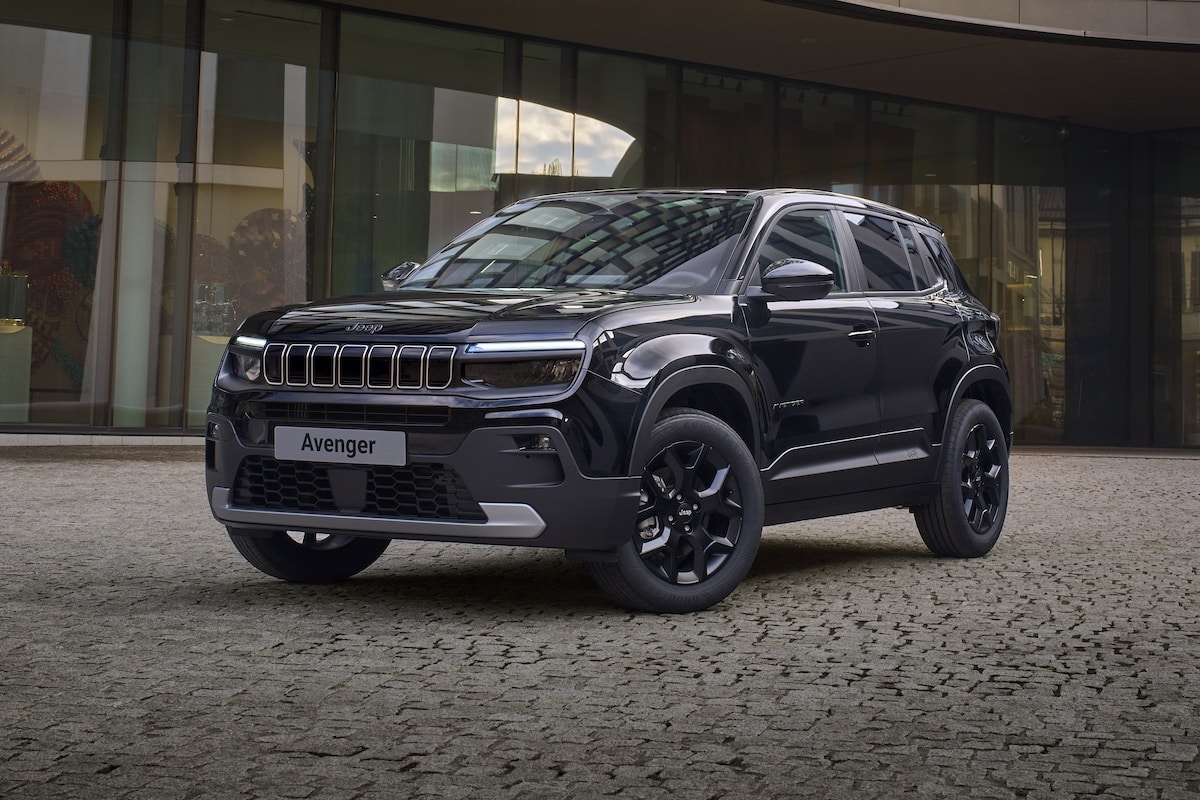Why Does the Tesla Model Y Standard Have 18-Inch Wheels?
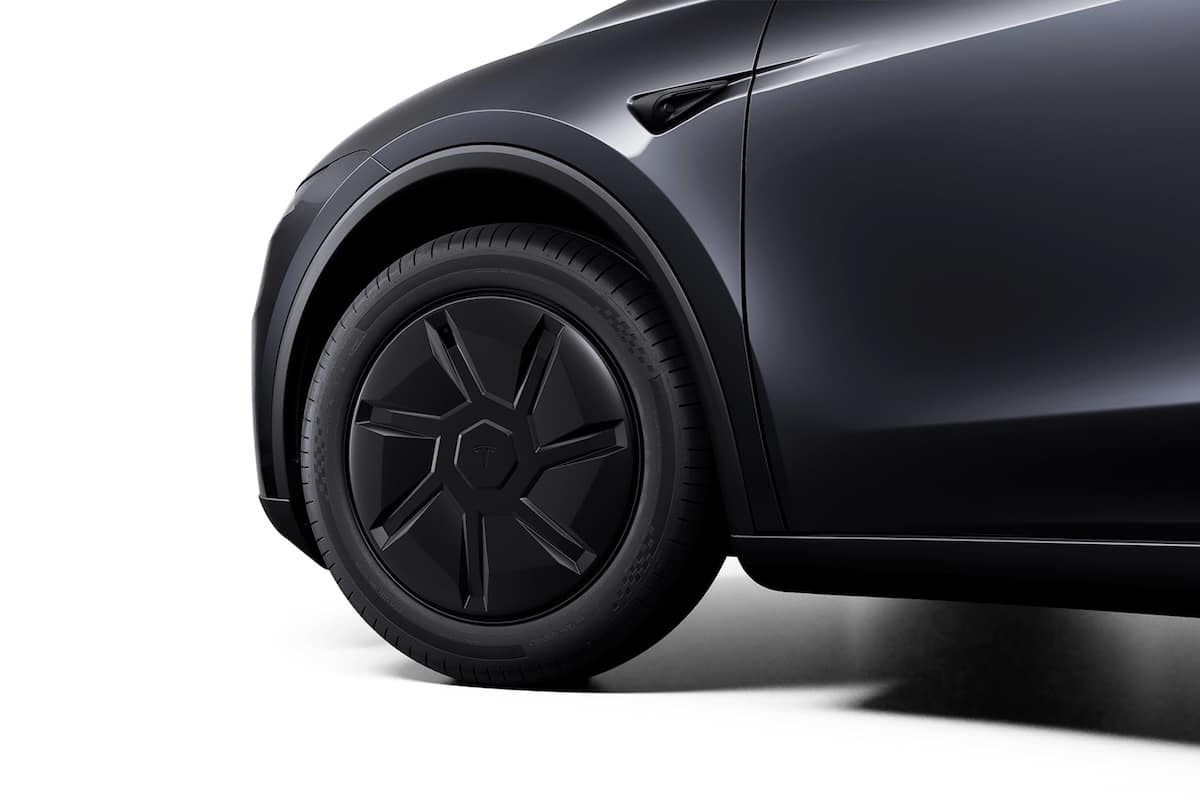
Savings, autonomy, comfort, the motivations of Tesla for small-diameter wheels on the Model Y Standard are numerous.
Already a year ago, Mobiwisy questioned the relevance of a Tesla Model Y with 19-inch wheels at a time when range is a major concern for electric car manufacturers. 18 inches made more sense… and here we are finally.
Tuesday, October 7, 2025, a day to mark in the history of Tesla, the Model Y Standard is born. The low-cost version of the world’s best-selling electric SUV, but which has been going through a severe crisis since the beginning of the year. And surprise! The wheels display a diameter of 18 inches.

You might be interestedin this article:
Small wheels or the return of common sense?
Long associated with performance and prestige, large wheels have become an essential aesthetic symbol of modern automobiles. In a car world obsessed with size — screens, batteries, wheels — Tesla is finally choosing restraint. A wheel of 18 inches first and foremost means less mass, and thus less energy required to move it. This simple change reduces rotational inertia and rolling resistance, two key parameters for improving energy efficiency. In other words: the Model Y Standard gains some precious kilometers of range without modifying any component of the powertrain.
Tesla does not hide the difference in range between a Model Y equipped with 18-inch or 19-inch wheels, since this second option is offered as an upgrade ($1,500 excluding taxes) on the US configuration. It is thus reported that the range drops from 321 to 303 miles, or from 516 to 487 km in EPA mixed cycle. A difference of 29 km, which is far from negligible!

Aerodynamics, the invisible enemy
The other major benefit is aerodynamics. Wheels account for a significant part of a vehicle’s drag, and Tesla has never hidden its obsession with the slightest improvement in the coefficient of air penetration. The 18-inch rims allow for the installation of full wheel covers, smoother, which reduce turbulence around the front axle. The result: a vehicle that slices better through the air, consumes less, and gains highway range — the Achilles’ heel of modern electric vehicles.
Increased comfort and longevity
Model Y owners know this: the suspension of the Californian SUV has never been famed for its softness. The switch to higher-profile tires (made possible by 18-inch rims) offers a noticeable comfort boost. Irregularities in the road are better absorbed, vibrations are better filtered, and shocks from potholes or curbs become less severe. This compromise between energy efficiency and driving enjoyment makes the Model Y behave more like a “touring” than a sporty vehicle, a choice that aligns with most buyers’ profiles and the car’s size.
But that’s not all: the tire, less constrained by the rigidity of a short sidewall, wears down more slowly. Rubber deformation is more gradual, and load distribution more homogeneous. For a heavy vehicle like the Model Y, this results in increased lifespan and reduced operating costs — a significant advantage nowadays with the rising price of high-performance tires.

A safety trade-off
This boost in efficiency and comfort, however, comes with a trade-off. 18-inch tires are narrower, and their contact patch with the ground — the famous footprint of the tire — is reduced. As a result, overall handling suffers, especially in sharp turns or on wet roads. Lateral grip diminishes, as does reactivity in quick steering maneuvers, and stopping distances increase.
Strangely, Tesla does not mention these aspects at all, which do not enhance the qualities of smaller diameter wheels.
ALSO READ: With the Model Y Standard, Tesla does not solve any of its problems
This page is translated from the original post "Pourquoi la Tesla Model Y Standard a des roues de 18 pouces ?" in French.
We also suggestthese articles:
Also read
